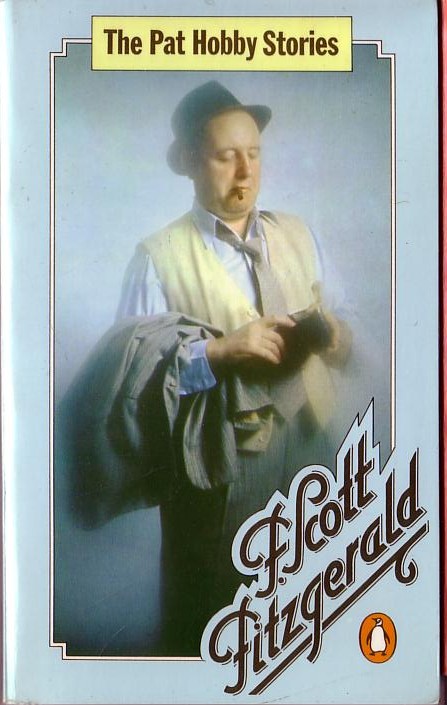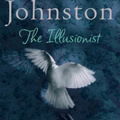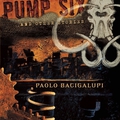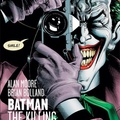F. Scott Fitzgerald: The Pat Hobby Stories
 The protagonist of F. Scott Fitzgerald's loosely connected short stories is Pat Hobby, a household name in the movie industry. More precisely, Pat Hobby is a 49-year-old alcoholic screenwriter who has seen better days: he hasn't been writing for ages, and nowadays his major accomplishment in his profession is substituting the word „certainly” for „yes” in someone else's script – after which he desperately fights for his right to have his name written on the front page of the screenplay, too. Most of the times, he fails to reach this goal – but it also happens that the screenwriter who did 99% of the job finds the movie made out of his script so abominable that he relinquishes all his rights to it, in which case all the – questionable – glory goes to Pat.
The protagonist of F. Scott Fitzgerald's loosely connected short stories is Pat Hobby, a household name in the movie industry. More precisely, Pat Hobby is a 49-year-old alcoholic screenwriter who has seen better days: he hasn't been writing for ages, and nowadays his major accomplishment in his profession is substituting the word „certainly” for „yes” in someone else's script – after which he desperately fights for his right to have his name written on the front page of the screenplay, too. Most of the times, he fails to reach this goal – but it also happens that the screenwriter who did 99% of the job finds the movie made out of his script so abominable that he relinquishes all his rights to it, in which case all the – questionable – glory goes to Pat.
And what are these stories about? They are mostly about Pat Hobby's tragicomic fumblings in the world of the movie industry, and about the way he tries to stay alive day after day in Hollywood, where he is no longer welcome. Although he used to be a star long ago, in the silent film era, and he used to have a lot of money, a house with a pool and several wives and lovers, he no longer has any of these. Now he lives hand to mouth, in a constant state of humiliation, defenseless against the whims of the big bosses of the studio – and he's always only one step away from total bankruptcy.
Of course, if you're cruel you might think that he deserves what he gets because no matter how big a genius Pat Hobby was as a young man, now he's only a parasitic, useless, alcoholic trickster who steers clear from any decent means of earning a living. As I already hinted above, Pat Hobby doesn't have a whole lot of moral scruples – he steals other people's movie ideas without a second thought, hoping that he might write a script out of it; and he generally tries to arrange things in a way that he always has a little money without going to the trouble of working for it.
But it's hard (or perhaps impossible) to be this cruel, because this book – just like all the works of Fitzgerald I know – is in fact very-very sad. True, if you take the stories one by one, you might find them darkly funny, but still, they always feature that special feeling of screwed-upness which characterizes Fitzgerald's books. Granted, I haven't read everything by him, so I don't know if he always wrote about people going down the drain, and about things inevitably, irreversibly getting worse. Anyway, these stories are also about this. And it's not too difficult for me to believe that things really have to get worse if I imagine how life turns out for Pat Hobby: the one thing he's excellent at (I presume he must have been really good at writing silent films) is no longer wanted by anyone – consequently, he is no longer wanted by anyone, and the rest of his life, he's doomed to haunt the places of his past success as a barely tolerated, oft-ridiculed phantom.





